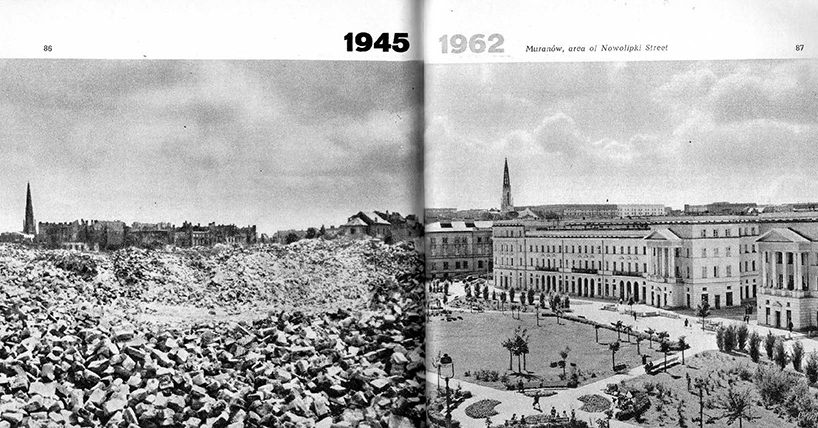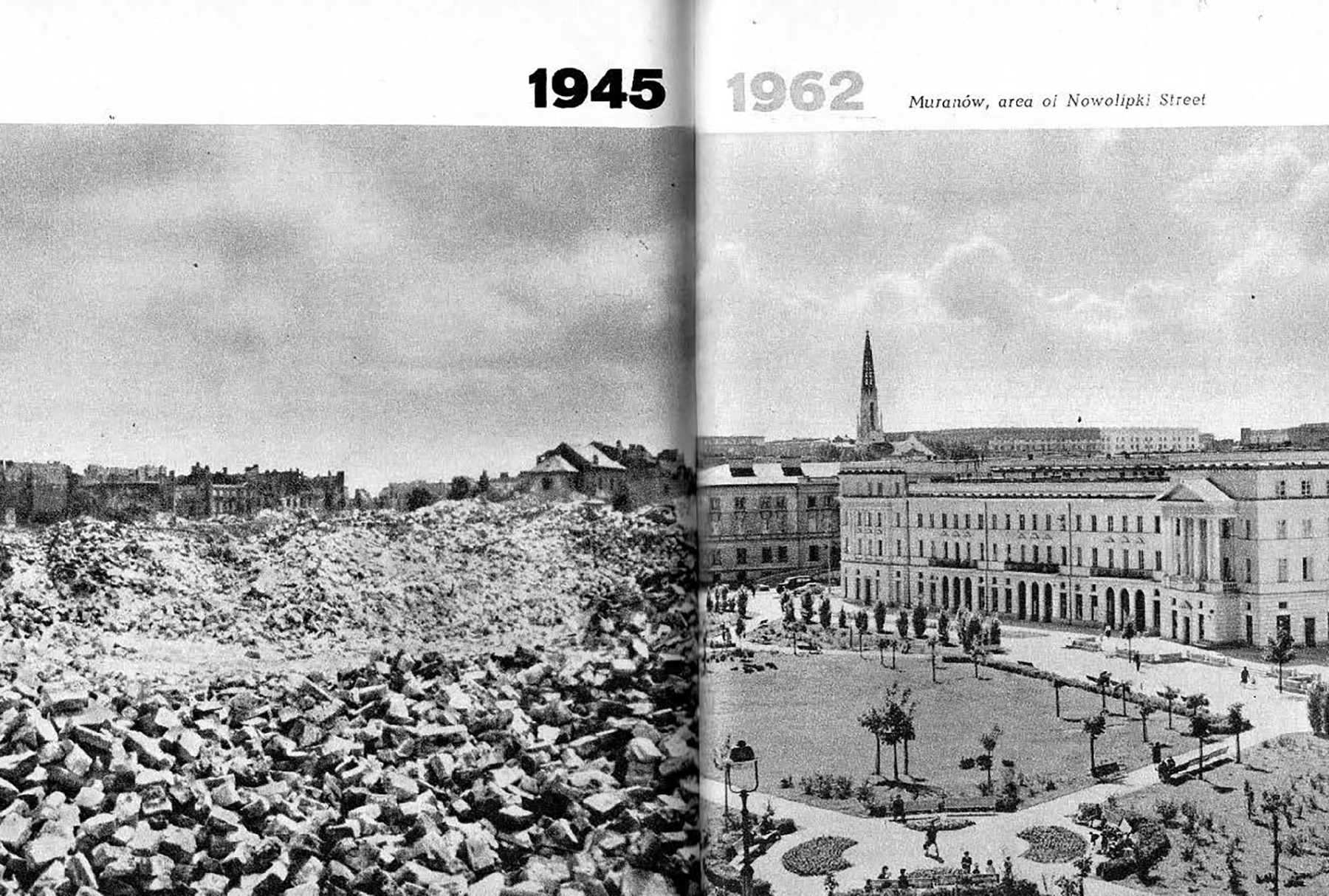Katie Belch is awarded the Glover Prize for her Dissertation
Master of Architecture graduate Katie Belch is this year's winner of the Glover Prize, awarded by the Northern Architectural Association
25 September 2024
The Northern Architectural Association was founded in 1858 by twenty seven Architects practising in Newcastle, Sunderland, Durham, Darlington, North Shields, South Shields and Alnwick. They embraced the opportunity to promote the general advancement of the art and science of architecture; and proposed numbers of innovations that endure in architectural practice today. The first president was John Dobson, an architect of much more than merely local fame, whose works in the North of England are numerous and distinguished. People enjoy to the present-day, his wonderful buildings in Newcastle and Northumberland.
As far back as 1887, the Association supported the registration of Architects, which led to the current situation in which the title is protected by law. The NAA also advocated the introduction of architectural courses, culminating in the formulation of a School of Architecture at what is now Newcastle University. Another president, William Glover, funded the presidential medal and many other gifts; including substantial donations of money to the library and a student award, which is known as the Glover Prize. Over the years, architectural education has developed and the annual prize is now available to Northumbria University School of Architecture as well as Newcastle University.
This year, the Glover Prize has been awarded to Katie Belch for her dissertation produced whilst in her final year of study on the Master of Architecture programme at Newcastle University.
Glover Prize Winner 2024 - Katie Belch
Reclaiming Autonomy: Architectures Toward Freedom in Authoritarian Landscapes
Expanding on prior research into the embedded politics of regime-built structures and their subsequent precariousness in architectural cultural history, this thesis aims to investigate how individuals or communities may reject authoritarian state ideology, from within; resisting the passive ideological indoctrination of control state architectures. Poland, the key case study, encapsulates through architectural intervention the role of identity, collective cultural memory, and resistance in the city. Embedded politics, a fundamental thematic in the discussion of architectures toward Polish autonomy, provides a framework through which topics of genocide, anti-semitism and the revival of nationalist ideology can be addressed. Toward which I ask; how might communities, through architectural intervention, reconnect with self and culture, in effort to prevent ideological resurgence?

Image credit: Muranów (Warsaw’s largest ghetto). Comparison of Post-war destruction and the Soviet rebuilding effort (1945-62)
